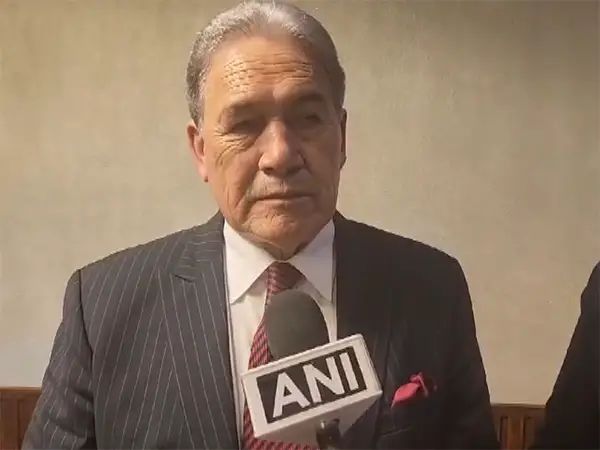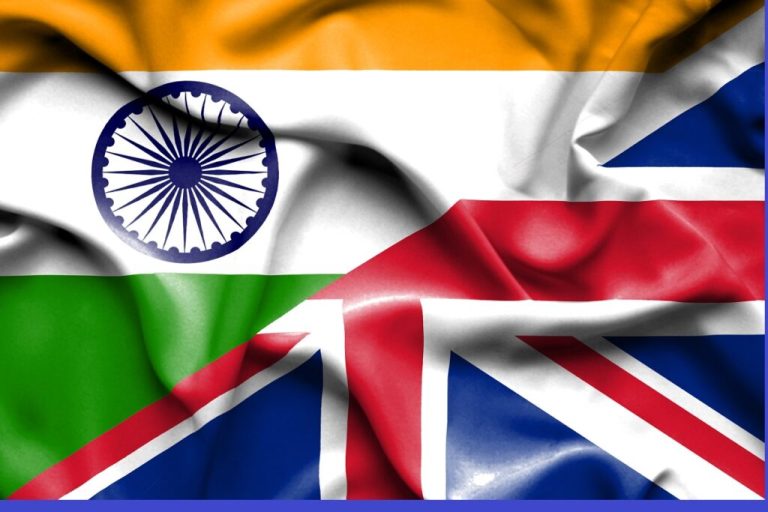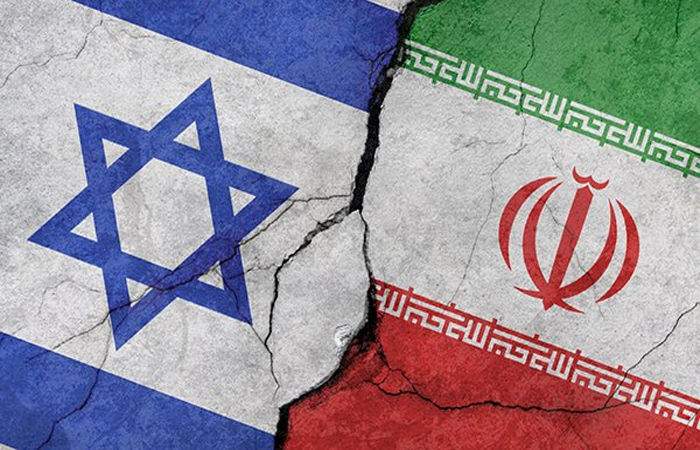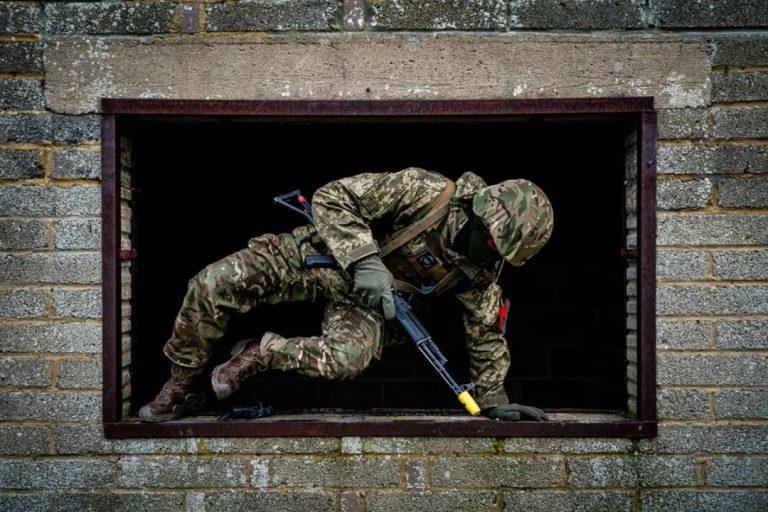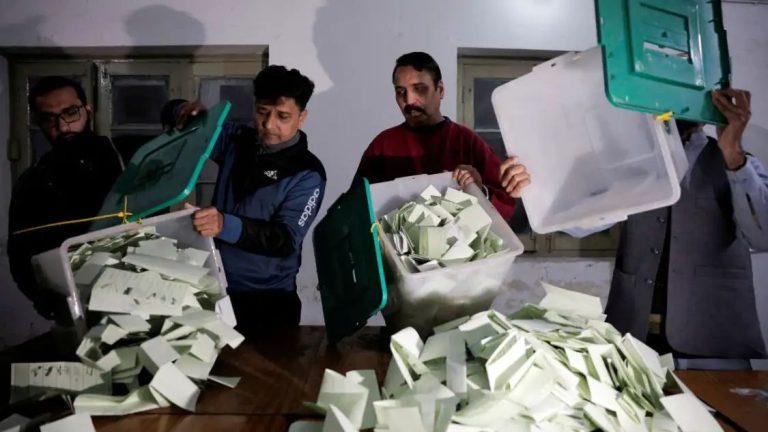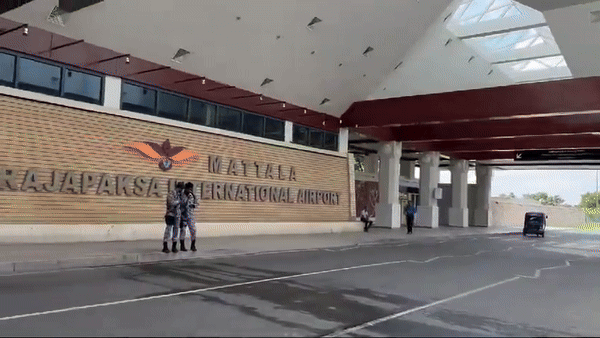India’s importance to New Zealand’s society, economy and security is growing,” says New Zealand Dy PM
He emphasised that New Zealand and India are two countries that should be doing more together.
“India’s importance to New Zealand’s society, economy and security is growing. The Indian diaspora in New Zealand numbers 300,000 and India is our second largest source of international students and largest source of skilled migrants,” Peters said, according to an official release from the New Zealand High Commission.
Peters concluded a successful tour of India, describing it as an essential step in advancing the two countries’ relationship to the next level.
He said, “We have laid a strong foundation for the Coalition Government’s priority of enhancing New Zealand-India relations to generate significant future benefit for both countries,” says Mr Peters, who visited Gujarat and New Delhi from March 10-13.”
“New Zealand and India are two countries that can, should and will be doing more together,” Peters said, adding, “My visit has demonstrated a joint commitment to investing more in building a broad-based, mutually beneficial relationship.”
During his visit to the national capital, Peters also met with External Affairs Minister S Jaishankar.
“It is clear that New Zealand and India share common strategic perspectives about the security challenges our Indo-Pacific region faces as well as a commitment to do more together to meet them,” Peters said.
“Minister Jaishankar and I agreed to work together to unlock more opportunities and achieve a step-up in the relationship between New Zealand and India. Further high-level, political visits in both directions during 2024 will be a crucial part of this process,” the release quoted him as saying.
Meanwhile, Peters also met with Vice President Jagdeep Dhankhar and National Security Advisor Ajit Doval.
“We are grateful for the wide-ranging discussions we had with the Government of India, encompassing our strategic security and defence relationship, our social and cultural links, trade and economic cooperation, and respective efforts to combat climate change,” he said, as per the High Commission release.
“New Zealand and India are fellow democracies which, working with like-minded partners such as Australia and Japan, wish to see an Indo-Pacific characterised by respect for the rule of law, freedom of navigation and peaceful resolution of disputes. These shared principles lie at the heart of New Zealand’s push for an enhanced bilateral relationship with India, as well as deeper cooperation across the Indo-Pacific region – including with Pacific Island countries,” he said.
Notably, Peters’ programme here in New Delhi also included visits to India’s new Parliamentary complex and a Women’s Indian Premier League (IPL) match.
“The connections between New Zealand and India are everywhere to see,” Peters said.
“It was an honour to visit the new home of the world’s largest democracy. Around 20,000kg of New Zealand wool has been used in the making of the carpets in India’s new Parliament,” he stated.
“It was also a pleasure to witness first-hand the passion for and investment in women’s cricket in India – and to see two of New Zealand’s top cricketers competing with the world’s best in the women’s IPL. New Zealand and India share a deep love of cricket, and the women’s game is a seriously important part of that,” he added.
The Deputy PM of New Zealand also took part in a panel discussion and reception, alongside representatives of Pacific Island countries and Indian government and business, to explore how both the nations can work together on economic connectivity with the Pacific.
“New Zealand and India both have deep historical, cultural and commercial ties into the Pacific Islands region – and we need to be doing more together there,” he said.
“My time here has underlined that India has been a phenomenal economic success story, having lifted so many millions of its citizens out of poverty through its long-running and robust growth…New Zealand is determined to become more a part of this success story. Across a range of sectors – from education to agro-technology and from air connectivity to tourism – we could and should be doing more together in trade and economic terms. It is up to our governments to lay the foundation for this enhanced trade and economic engagement,” the Deputy PM underlined.
He also met Indian business leaders in New Delhi and Gujarat. Moreover, Peters also visited the Swaminarayan Akshardham temple in Gandhinagar, Gujarat and met with representatives of the Jama Masjid Mosque in New Delhi.
During the visit, an enhanced Air Services Agreement between India and New Zealand came into force – making code sharing on services between New Zealand and India easier.
“While it is ultimately a commercial decision for our national carriers, we are confident that direct flights between New Zealand and India are within sight in the next couple of years…Being able to fly directly from Auckland to New Delhi would be a game-changer for the cultural, people-to-people and commercial ties between our countries,” Peters said.
In Gujarat, Peters also met with Chief Minister Bhupendrabhai Patel and other key members of the state’s government.
“My visit to Gujarat was a wonderful opportunity to engage with a state that has been at the forefront of India’s economic success. As we look to deepen and broaden our relationship with India, it is critically important that we engage with Indian states that offer scope for enhanced strategic and economic cooperation,” the Deputy PM stated.
New Zealand’s Deputy PM is on an official visit to India from March 10 to 13 at the invitation of External Affairs Minister, S Jaishankar.
Winston Peters is on his first visit to India after the new government in New Zealand assumed office in November 2023. He had earlier visited India in February 2020, according to MEA. (ANI)
